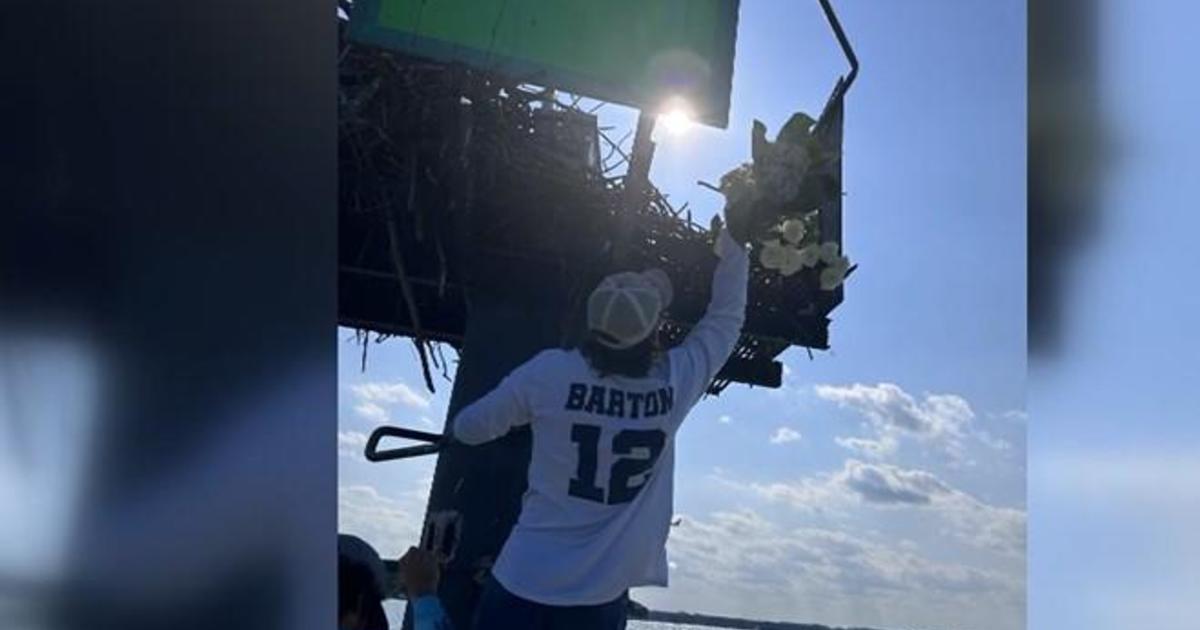Maryland Senate passes bill aimed at reforming state's Juvenile Justice System
BALTIMORE - A bill to reform Maryland's Juvenile Justice system is another step closer to becoming reality.
The bipartisan-supported bill has officially passed both chambers of the legislature.
However, some differences need to be ironed out before this bill can be sent to the governor's desk.
With a 43 to 2 vote, the Maryland Senate passed its version of the Juvenile Law Reform Bill on Monday night.
The bill gives the Department of Juvenile Services the ability to charge children between the ages of 10 and 12 for certain offenses, including gun possession and auto thefts, and focuses on rehabilitation and accountability.
The goal of the bill is to hold juveniles and the system accountable by expanding probation for youth and oversight and data collection in the justice system.
It also requires law enforcement to maintain records for every juvenile they arrest.
"It holds the entire system accountable," Maryland Senator Will Smith said.
Senator Smith, from Montgomery County, is one of the sponsors of the bill.
"Now we're going to have a commission that takes oversight and looks at the Department of Juvenile Services and reports on what they're doing and identifies certain gaps in services and makes recommendations on a continual basis," Senator Smith said.
The Maryland House of Delegates overwhelmingly passed a similar bill last week.
The House's bill differs when it comes to penalties for juveniles arrested for auto thefts.
"They have a first-time diversionary program and then you're still in delinquency jurisdiction," Senator Smith said. "We have mandatory 'Sens' throughout so that's a difference. I don't think any of it is insurmountable, but it is a distinct, it is a very big difference."
Those differences are what caused Senator Charles Sydnor, from Baltimore County, to vote no on the bill.
The bill in the House offers graduated penalties for the offenders.
"I was telling my colleagues, I can't put a green vote up there if there are things I'm seeing in the bill across the street that I'd like to see in our bill," Sydnor said. "I just can't do that."
The next step is for the House and Senate to have a conference to combine their two bills.
After that, the bill will have to be voted on again.




